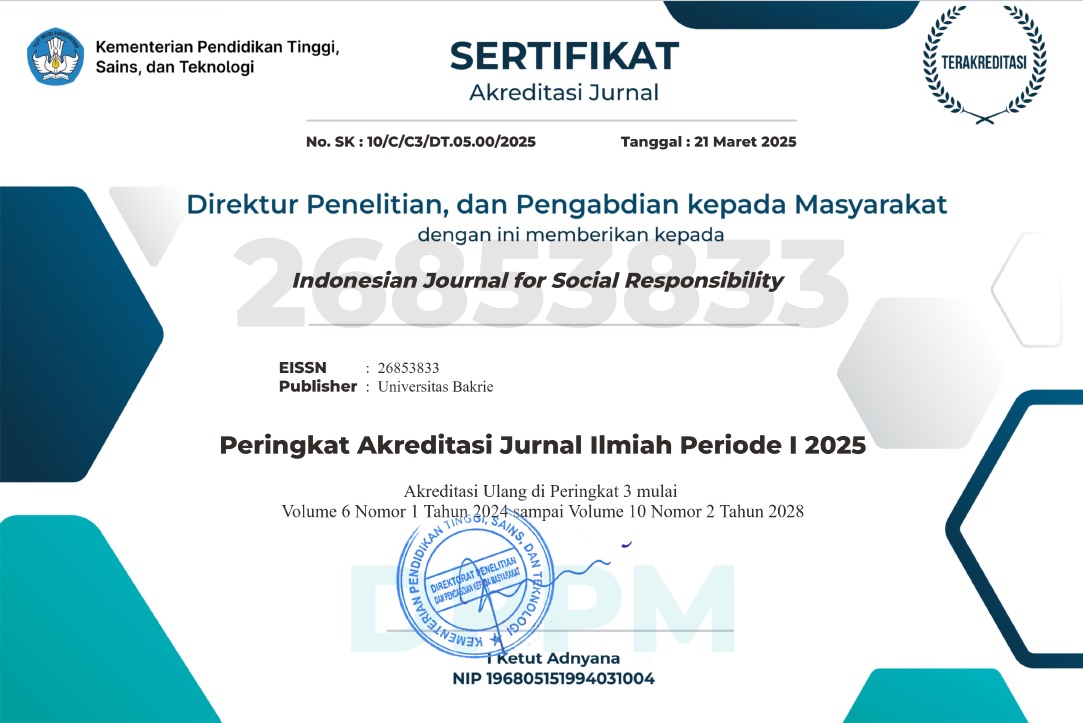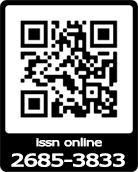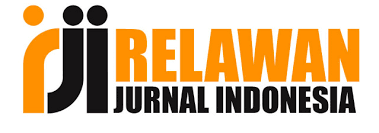Pemberdayaan Masyarakat Bisu Tuli: Studi Kasus Program KEM Bengkala PT Pertamina DPPU Ngurah Rai
DOI:
https://doi.org/10.36782/ijsr.v4i02.138Keywords:
Bengkala, Deaf, Empowerment, Mute, PertaminaAbstract
World Federation of the Deaf (WFD) shows that there are 70 million deaf people worldwide but only about 2% of deaf people can access education using sign language and only 20% of deaf people in developing countries get access to education. Deaf people also have difficulties in accessing the economic sector. This is also experienced by the people of Bengkala Village, that also known as the Deaf Village due to the birth rate of the deaf people in this village is 1.14% and it is higher than the birth rate of deaf people in the world. PT Pertamina DPPU Ngurah Rai in order to increase the community inclusiveness, as well as empowering deaf people to get decent education and jobs, has organized a CSR program called KEM Bengkala. This study aims to explore and take a deeper look at the implementation and impact of the KEM Bengkala program implementation. By using qualitative research methods and a case study approach, it is expected to be able to explore deeper and more thorough data. The results of the research show that through KEM Bengkala program, PT Pertamina DPPU Ngurah Rai has succeeded in increasing the capacity of deaf people of Bengkala Village. They have been able to produce weaving, incense, ingka (skewer plate), and Sakuntala herbal medicine. Deaf people of Bengkala through this program can also develop local dances of Bengkala Village, they are Jalak Anguci, Yogi Nandhini, Janger Kolok, Puspa Arum, and Bebila Dance. These programs can run well and create program sustainability by involving 3 sectors from the government, civil society, and companies.
Downloads
References
Arifin, M., Ahmad, Y., Hartato, M., Paramitasari, A., & Utami, D. H. (2022). Corporate Social Responsibility in Natural Sustainability, Case Study : CSR PT Pertamina DPPU Ngurah Rai in Eco-Edu Tourism Uma Palak Lestari Program. American Journal of Humanities and Social Sciences Research (AJHSSR), 6(3), 227–238.
Arifin, M., Hartato, M., Ahmad, Y. R., Paramitasari, A., & Utami, D. H. (2021). Strategi Pemberdayaan Masyarakat Petani di Pulau Bali Menghadapi Konversi Lahan Pertanian (Studi Kasus Program Utari Pertamina (Persero) DPPU Ngurah Rai). Jurnal Ilmu Kesejahteraan Sosial (Journal of Social Welfare), 22(2), 71–85.
Hayyu, A., Olievia, D., & Mulyana, P. (2015). Hubungan Antara Dukungan Sosial dan Kebermaknaan Hidup pada Penyandang Tuna Rungu di Komunitas Persatuan Tuna Rungu Indonesia (Perturi) Surabaya. Jurnal Psikologi Teori & Terapan, 5(2), 2087–1708.
Mardikanto, T., & Soebiato, P. (2017). Pemberdayaan Masyarakat dalam Perspektif Kebijakan Publik (4th ed.). Bandung: Alfabeta.
Mas’ud, K. (2019, Februari 28). Harapan Melek Aksara Bagi Para Tuli-Bisu di Desa Bengkala Bali. National Geographic Indonesia. Diakses dari https://nationalgeographic.grid.id/read/131651277/harapan-melek-aksara-bagi-para-tuli-bisu-di-desa-bengkala-bali
Michi, S. A. (2017). Analisis Genealogi & Mean Matrimonial Radius Populasi Tuli-Bisu di Desa Bengkala, Buleleng, Bali [Tesis]. Universitas Airlangga, Surabaya.
Najiati, S., Asmana, A., & Suryadiputra, I. N. N. (2005). Pemberdayaan Masyarakat di Lahan Gambut. Bogor: Wetlands International.
Putri, D. R. (2019). A Morphological Study of Sign Language: Reduplication in Kata Kolok. Advances in Social Science, Education and Humanities Research, 338(1), 112–117.
Raharjo, Santoso T. (2021). Laporan Social Return On Investment PT Pertamina Patra Niaga Marketing Operation Region Jatimbalinus DPPU Ngurah Rai. Bandung: Pusat Studi Corporate Social Responsibility, Kewirausahaan Sosial, dan Pemberdayaan Masyarakat, FISIP-Universitas Padjajaran
Rahmah, F. N. (2018). Problematika Anak Tunarungu dan Cara Mengatasinya. Quality, 6(1), 1–15.
Sufyanto. (2001). Masyarakat Tamaddun Kritik Hermeneutik Masyarakat Madani Nurcholish Madjid. Yogyakarta: Pustaka Pelajar.
Suharto, E. (2014). Membangun Masyarakat Memberdayakan Rakyat. Bandung: Rafika Aditama.
Sujarwoto & Yumarni, T. (2007). Deconstructing Governance Theory. Jurnal Ilmiah Administrasi Publik, 8(2), 553–564.
Suyastiri, N. M. (2012). Pemberdayaan Subak Melalui “Green Tourism” Mendukung Keberlanjutan Pembangunan Pertanian di Bali. SEPA: : Jurnal Sosial Ekonomi Pertanian dan Agribisnis, 8(2), 168–173.
Thamrin, M. H., & Stiftung, F. N. (2004). Islam, Masyarakat Sipil, dan Ekonomi Pasar (A. Yahya (ed.)). Jakarta: Fredrick Nauman Stiftung.
Winata, S., Arhya, I. N., Moeljopawiro, S., Hinnant, J. T., Liang, Y., Friedman, T. B., & Asher, J. H. (1995). Congenital Non-Syndromal Autosomal Recessive Deafness in Bengkala, an Isolated Balinese Village. Journal of Medical Genetics, 32(5), 336–343.















